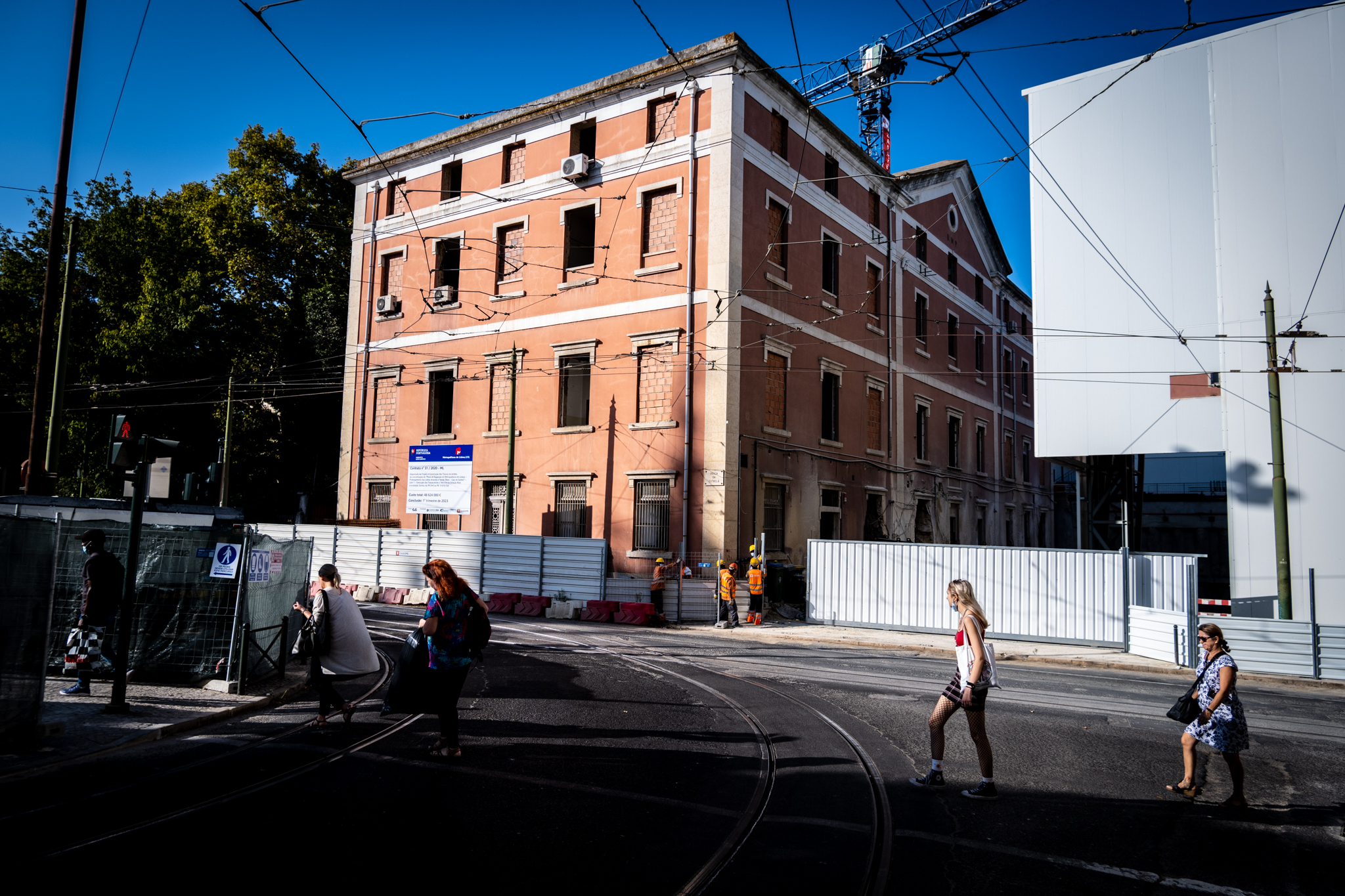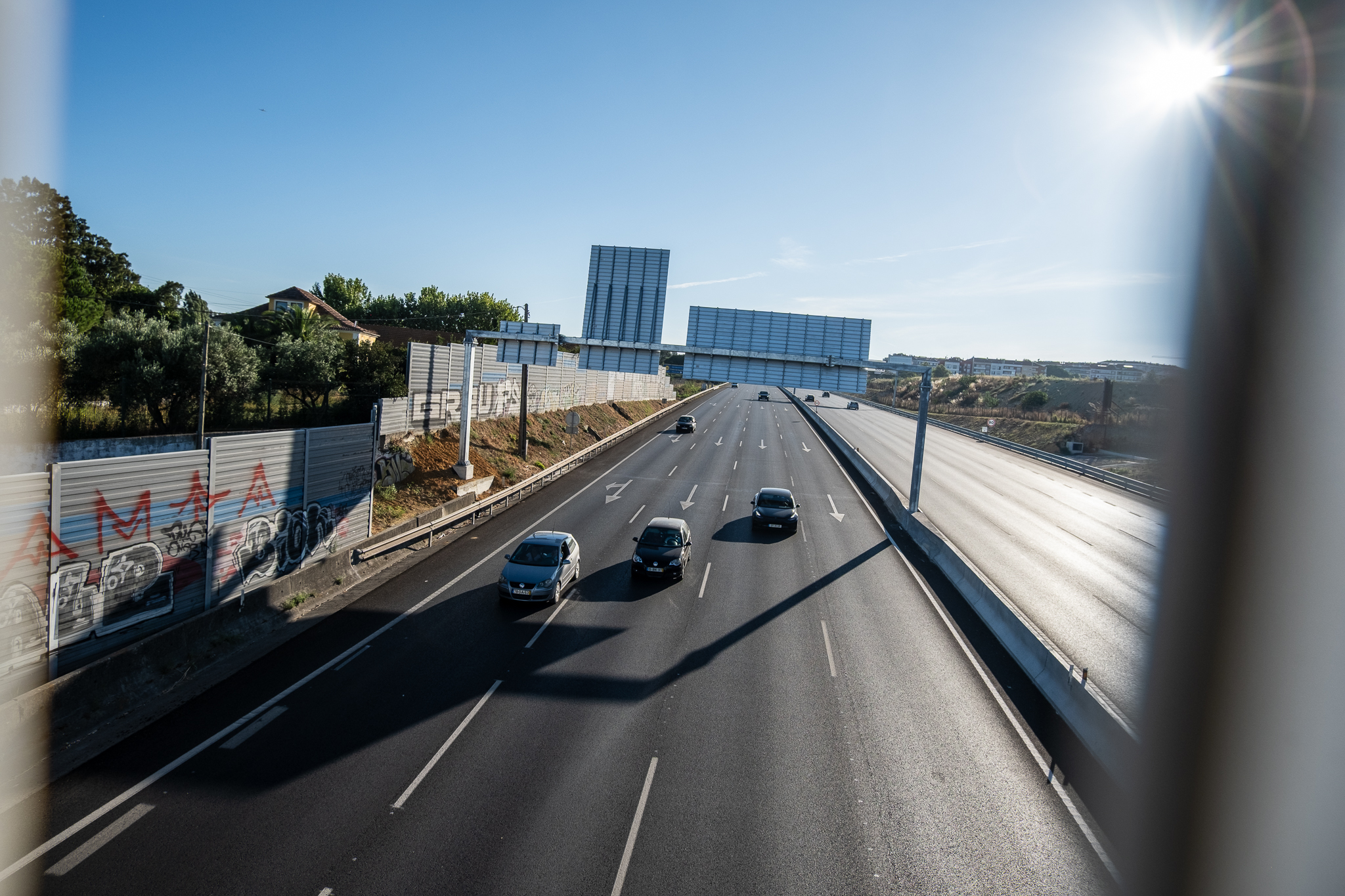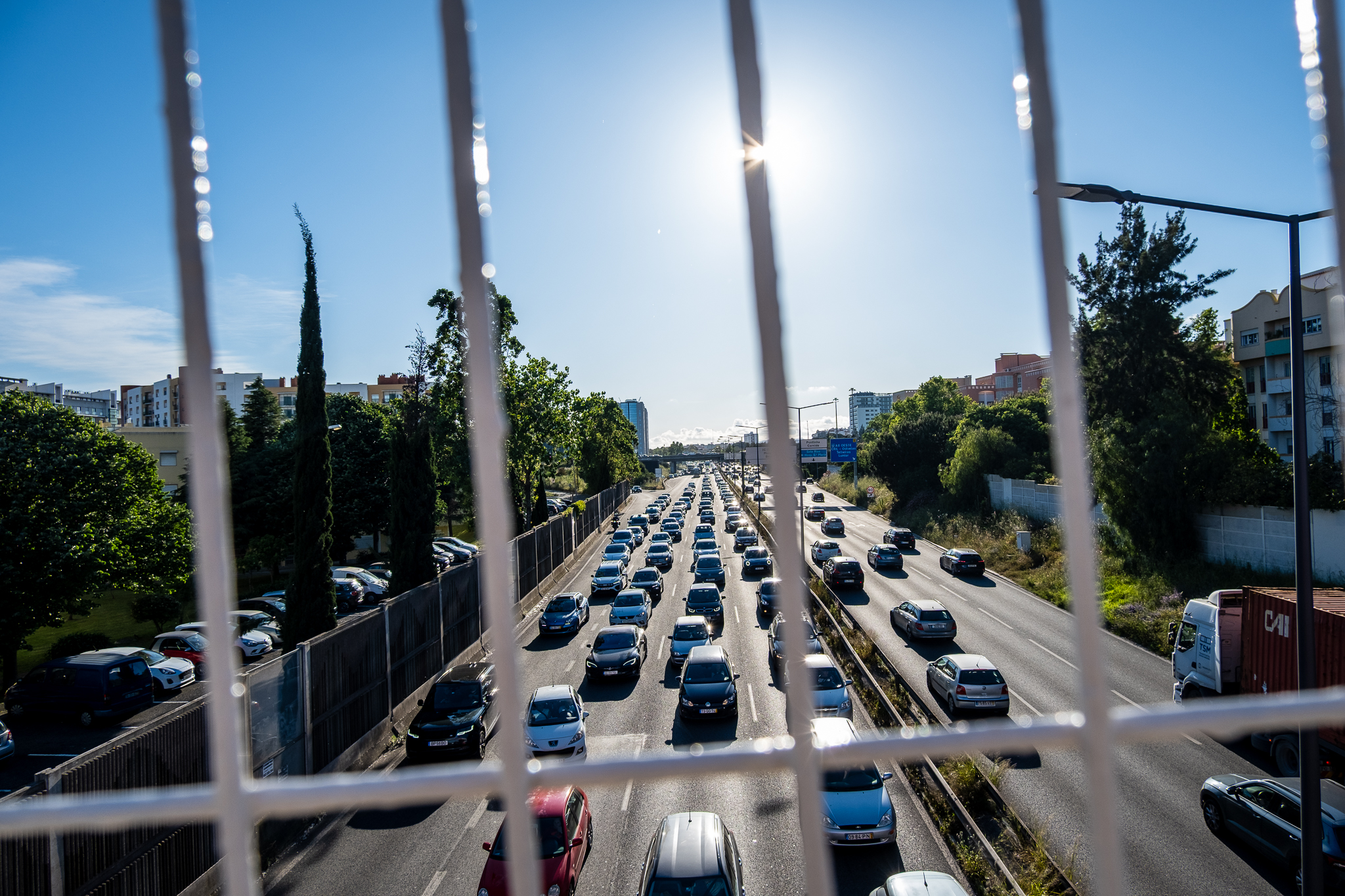Although 71% of the Lisbon Metro network have equipments that guarantee full accessibility, many times they are not working.

Although 71% of the Lisbon Metro network is now fully accessible to people with reduced mobility, in practice this is not always the case. The infrastructure may exist but it may not be working; and, in the Lisbon Metro stations, breakdowns are constant and maintenance leaves something to be desired. When an elevator, a stairway or a conveyor belt is out of order, for some people this can make their trip impossible.
We often come across mechanical subway equipment broken for weeks on end. On the other hand, there is no system to alert passengers of these same malfunctions - a page on the Lisbon Metro's website, for example, where the current accessibility situation of each station could be consulted, allowing passengers not to be confronted when arriving at their departure or destination station with the impossibility of using the elevator or the stairs. The closest we have to that is a Twitter account, @arranjaescadascreated last November.
This account was created to report escalator and elevator breakdowns in the @LisbonMetro.
- arranjaasescadas (@arranjaescadas) November 18, 2021
Take a picture.
Identify the location.
Bookmark this page and the Lisbon Metro page, like this:
Baixa-Chiado. @arranjaescadas @LisbonMetro pic.twitter.com/Ldvqi7uckt
The users of the Lisbon Metro are very different. If there are those who have no motor problems using conventional stairs, the same is not true for people in wheelchairs, elderly people with locomotion difficulties, families with baby strollers or even passengers traveling with large volumes, be it a suitcase or the bicycle they use on the way to work. commute. And of all these people there are some who really can't access a station or get out if the elevator doesn't work.
In the total number of Lisbon Metro stations, there are 343 mechanical equipment, of which 234 are escalators and moving walkways, and 109 elevators. Lisbon's Mensagem newspaper questioned recently the company about the number of these equipments out of service on November 14th. Two weeks later, Lisboa Para Pessoas asked the same question:
| November 14th | November 29th | |
|---|---|---|
| Escalators and moving walkways | 24 out of service - 10% out of 234 devices | 22 out of service - 9% of total |
| Elevators | 15 out of service - 14% out of 109 devices | 10 out of service - 9% of total |

Maintenance is outsourced
Maintenance of the stations' mechanical equipment, such as escalators and elevators, has been outsourced since the mid-1990s. The contract for "complete maintenance (preventive and corrective)" that had been in place since 2015 ended last year, prompting the utility to launch, in August of that year, a public tender to find a new supplier. The results of the public tender, as well as the signed contract, have not been made public on the Base.gov platform, but according to the Lisbon Messagethe winning company is said to have been Schmitt+Sohn Elevators.
The Lisbon Metro revealed to that newspaper that the Schmitt+Sohn Elevators will be responsible for the complete maintenance of the more than 350 stations' equipment until 2025 for the sum of 3.5 million euros - 900 thousand euros below the base value of the tender (4.4 million). The contract started on January 1st 2021 and covers not only the public access equipment in the stations but also the equipment used by the Lisbon Metro teams.
The law states that full maintenance contracts are intended to "to maintain the facility in a safe and operational condition, including the replacement or repair of components, where warranted". A full maintenance contract includes minimum obligations such as "the repair or replacement of deteriorated parts or components as a result of normal operation"but may also cover, if agreed, maintenance "by vandalism or abnormal use" or "changes in initial characteristics with the replacement of accessories with others of better characteristics".

The contract for the complete maintenance of the stairs and elevators in Lisbon Metro stations is not public, despite the fact that the transport operator is a public company and provides a public service. To Mensagem, a source from Metro de Lisboa pointed out the formalization of repair orders, the preparation of the respective tenders under the public procurement law, and delays in the delivery of materials by suppliers as reasons for the delay in the resolution of assessmentsbut also misuse of equipment and vandalism. There are minimum response times to which Schmitt+Sohn Elevadores is obliged to respond but which have not been met due to "an extension of delivery times of materials by suppliers in view of the pandemic situation"said Metro to the same newspaper, without specifying what these deadlines are.
On "gradual process" Since the end of the 1990s, the Lisbon Metro has been outsourcing the maintenance of the escalators and elevators to external companies, as Carlos Macedo, a 30-year metro worker and member of the Lisbon Metro Workers Union (STMETRO) explained to Mensagem. "Several years ago" it was the Metro workers doing the "maintenance of mechanical ladders, the lighting and everything"But with the construction and inauguration of the Red Line in 1998, the new stations and their equipment opened with maintenance contracts associated with warranties.
Thus, "at least for the first two years"When the warranty period was over, the maintenance was assured by the company that supplied the equipment and, once the warranty period was over, it could be transferred to Metro de Lisboa's internal teams. However, the company began to choose a different option, that of "continue to give maintenance to these companies". In the meantime, the people qualified to carry out repairs on elevators and escalators have been retiring and, without new hires, these services will disappear from the Lisbon Metro. Carlos believes that the company would provide "much better public service to the users if the maintenance was done by qualified Metropolitano de Lisboa personnel".

A metro with full accessibility
Today, 40 of the 56 stations in the Lisbon Metro are equipped with equipment that guarantees accessibility to all people, namely to people with reduced mobility, which represents 71% of the network. By comparison, only 67.5% of Madrid's more than 300 metro stations are accessible and only about 25% of the London Underground network, the oldest in the world, is suitable for people with reduced mobility. Stations with full accessibility are duly marked on the Metro map. By 2025, the goal is to have full accessibility in 52 stations. Between Campos and Cidade Universitária are receiving works worth 2.6 million Euros for the installation of elevatorsThis is something that was recently done at the Colégio Militar/Luz, in Areeiro and Arroios.
With full accessibility, the two new stations of Estrela and Santos of the future Circular Line will be born by 2023. The Estrela station, in particular, will be the deepest in the city and one of the deepest in Europe also and, for that factor, the displacement between the lobby and the wharf will be carried out only by six large-capacity elevators and two mechanical stairs. The Estrela pier will be 54 meters above the surface - only Hampsted station, in London, is the deepest in Europe, with 58 meters. The deepest station of the Lisbon Metro is now Ameixoeira, with 42 meters, followed by Baixa-Chiado, with 38 meters, where there are successive incidents with the escalators.

Baixa-Chiado station has a total of four flights of escalators, divided into two accesses to the atrium. The equipment at the entrance on the Chiado side began to be fully replaced in 2020, and the replacement of the stairs at the exit to Rua do Crucifixo is also planned. Metro de Lisboa explained to Mensagem that the age of the equipment, which is now being replaced, increases maintenance problems, check out "situations of accumulated wear and tear due to length of service", which "are [not] included in the scope of maintenance contracts"and, on the other hand, leads to "increased difficulties in acquiring repair parts"This is because the equipment has already been discontinued.
In addition to the replacements in Baixa-Chiado, four mechanical stairs are being replaced in the Rato station, two on the Avenida e two on dos AnjosMetro de Lisboa foresees that by 2023 the total investment for these actions will be around 6.8 million euros. On the other hand, the company clarifies to Mensagem that in spite of following "daily breakdown situations with the main maintenance service provider", “is not, most of the time".to the company's reach "solve or hasten the resolution of these situations, which become dependent on the evolution of the market itself".
In parallel, the Lisbon Metro is Alternate the directions of escalators and moving walkways at several of your stations, "considering technical studies that confirm that periodically reversing the direction of rotation of mechanical equipment (escalators and moving walkways) prolongs their life", as reported on their website. This alternation mechanism is being used at Reboleira, Amadora Este, Alfornelos, Parque, Terreiro do Paço and Santa Apolónia stations on the Blue Line, Senhor Roubado and Ameixoeira stations on the Yellow Line, and São Sebastião and Marquês de Pombal stations on both lines.












